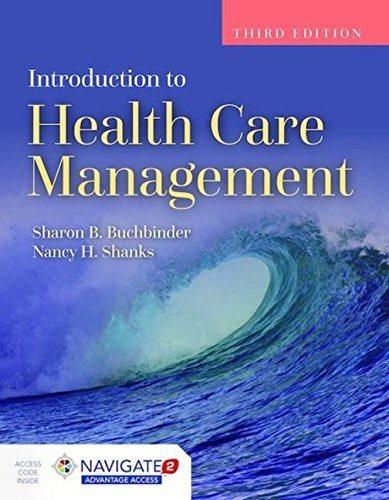Question
1 . Rumors of a bank failing, even if not true, can become a self-fulfilling prophecy because: Multiple Choice customers will not want to obtain
1 . Rumors of a bank failing, even if not true, can become a self-fulfilling prophecy because:
Multiple Choice
- customers will not want to obtain loans from this bank.
- equity investors will not be able
- to sell the bank's stock.
- regulators will scrutinize the bank heavily looking for something wrong.
- depositors will rush to the bank to withdraw their deposits and the bank under normal situations would not have sufficient liquid assets on hand.
5 . Rumors of a bank failing, even if not true, can become a self-fulfilling prophecy because:
Multiple Choice
- customers will not want to obtain loans from this bank.
- equity investors will not be able to sell the bank's stock.
- regulators will scrutinize the bank heavily looking for something wrong.
- depositors will rush to the bank to withdraw their deposits and the bank under normal situations would not have sufficient liquid assets on hand.
6 . Rumors of a bank failing, even if not true, can become a self-fulfilling prophecy because:
Multiple Choice
- customers will not want to obtain loans from this bank.
- equity investors will not be able to sell the bank's stock.
- regulators will scrutinize the bank heavily looking for something wrong.
- depositors will rush to the bank to withdraw their deposits and the bank under normal situations would not have sufficient liquid assets on hand.
7 . Rumors of a bank failing, even if not true, can become a self-fulfilling prophecy because:
Multiple Choice
- customers will not want to obtain loans from this bank.
- equity investors will not be able to sell the bank's stock.
- regulators will scrutinize the bank heavily looking for something wrong.
- depositors will rush to the bank to withdraw their deposits and the bank under normal situations would not have sufficient liquid assets on hand.
12 . During a bank crisis:
Multiple Choice
- officials at the Federal Reserve find it easy to sort out solvent from insolvent banks.
- it is important for regulators to be able to distinguish insolvent from illiquid banks.
- it is easy to determine the market prices of bank's assets.
- a bank will go to the central bank for a loan before going to other banks.
13 . If your stockbroker gives you bad advice and you lose your investment:
Multiple Choice
- the government will reimburse you similar to reimbursing depositors if a bank fails.
- the government will not reimburse you for the loss; you are not protected from bad advice by your stockbroker.
- these losses would be covered under FDIC insurance.
- your investment would only be covered if the stockbroker was employed by a bank.
14 . The system of deposit insurance prevents bank runs primarily by:
Multiple Choice
- paying off depositors at insolvent banks after a bank run.
- reassuring depositors their money is safe, so the bank run never occurs.
- paying off depositors at solvent banks after a bank run.
- closing banks when there are rumors about a bank's insolvency
14 . The system of deposit insurance prevents bank runs primarily by:
Multiple Choice
- paying off depositors at insolvent banks after a bank run.
- reassuring depositors their money is safe, so the bank run never occurs.
- paying off depositors at solvent banks after a bank run.
- closing banks when there are rumors about a bank's insolvency
15 . Considering the methods available to the FDIC for dealing with a failed bank, the depositors of the failed bank should:
Multiple Choice
- be indifferent between the two since it really does not matter to them which method is used.
- prefer the purchase and assumption method since the deposits over $250,000 will also be protected.
- prefer the payoff method because they will have access to their funds earlier.
- prefer the payoff method since a lot less paperwork is involved for the depositor.
17 . Since the 1920's, the ratio of assets to capital has almost tripled for commercial banks. Many economists believe this is the direct result of:
Multiple Choice
- lower quality management in banks.
- the increase in branch banking.
- allowing banks to offer non-bank services.
- government provided deposit insurance.
18 . The moral hazard problem caused by government safety nets:
Multiple Choice
- is greater for larger banks.
- is greater for smaller banks.
- is pretty constant across banks of all sizes.
- only exists for banks with high leverage ratios.
19 . If the government did not offer the too-big-to-fail safety net:
Multiple Choice
- large banks would be more disciplined by the potential loss of large corporate accounts.
- the moral hazard problem of insuring large banks would increase.
- the moral hazard problem of insuring large banks would not be affected.
- the FDIC deposit insurance limits would have to be raised.
Step by Step Solution
There are 3 Steps involved in it
Step: 1

Get Instant Access to Expert-Tailored Solutions
See step-by-step solutions with expert insights and AI powered tools for academic success
Step: 2

Step: 3

Ace Your Homework with AI
Get the answers you need in no time with our AI-driven, step-by-step assistance
Get Started


